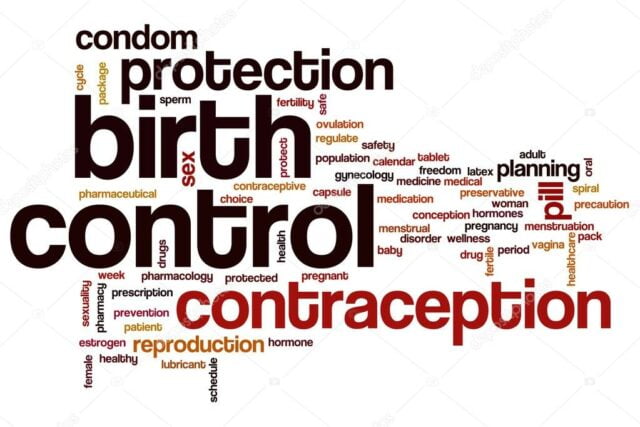India is the world’s second-largest country in terms of population and the world’s youngest country in terms of age of nationals. The population remains a question of debate as India is scarce in resources to fulfil the ever-rising needs of the common man.
Population control policy remains the top priority of the ruling government. The BJP-led NDA government mentioned the Uniform Civil Code and the population control policy in their manifesto for the Lok Sabha elections of 2019 and even in the Uttar Pradesh state assembly elections.
Now that the state assembly elections are round-the-corner, population control policy has once again come into the picture. UP’s Chief Minister Yogi Adityanath has announced a population control policy and tabled state legislation to this effect.
However, is Uttar Pradesh ready for such legislation, vis-à-vis the existing laws?
The Bill
On 19th July 2021, i.e. the World Population Day, the UP Government tabled a bill in the state assembly. The bill is titled ‘ The Uttar Pradesh Population (Control, Stabilization and Welfare) Bill 2021’. It is a welfare legislation that doesn’t impose any civil or criminal liabilities on citizens, rather discusses general welfare in form of subsidies, incentives and relaxations.
The bill is proposed to be enforced one year after its passed in the state legislature. The bill states that married couples birthing no more than two children and opting for permanent contraceptive methods will be given incentives in government jobs, promotions, subsidies etc while those married couples birthing more than two children won’t be getting such benefits. Their right to contest elections of local bodies would also be denied.
Adoption Laws And Population Control
India remains a country where adoption isn’t a right but a privilege. Abortion till 20 weeks of pregnancy is based on the decision of one doctor along with satisfying the conditions laid down by the law.
Post the 20 weeks, the permission of two doctors is required. This permission is also subject to a threat to life to the mother or the unborn child.

The conditions precedent for termination of pregnancy within 20 weeks includes failure of contraception in the case of a married woman. The mental and physical health of the mother is also a consideration kept in mind while the termination of a pregnancy.
The Indian law says that a healthy pregnancy cannot be terminated, until and unless it emerges from non-consensual sexual intercourse (excluding marital rape) or failure of contraception in the case of a married woman.
This means that in case a couple already has a child and the next foetus willfully conceived is of twin children, abortion isn’t an option. This also means that the person who is now going to be the parent of three children, living in the territory of Uttar Pradesh, would be forced to let go of the incentives available to the people with two children.
They would also be barred from contesting elections of local bodies and applying for government jobs. They won’t be eligible for promotion either.
Read Also: Watch: This Roller Coaster Of Death Is Designed To Control Overpopulation In The Future By Offering One Last Thrill
Well, if that’s what you thought, then the answer is no. The person would continue to get these benefits despite birthing more than two children, as mentioned in the general exceptions.
However, one mustn’t forget that Uttar Pradesh has the highest rural population in the country. This means that the rural people just know the basics of the law, from what they can gather from discussions and debates. They never read the gazetted act, and thus, illegal abortions will become rampant owing to a lack of awareness.
Pre-Natal Sex Determination And The Law
Pre-natal sex determination and abortion owing to the gender of the foetus is illegal in India. However, despite years of implementation of this legislation, pre-natal sex determination and resulting female foeticide are rampant in several states of India, including Uttar Pradesh.
As per reports, Ghaziabad and Noida are becoming emerging hubs of sex determination and abortion in Uttar Pradesh. Since the multiplicity of the foetus can be known to the parents within 10-14 weeks of pregnancy, through an ultrasound, abortion remains medically safe, even if illegal.
This means that if the rural person, unaware of the exceptions given under the population control bill, is to get one of his two twin foetuses aborted, he would choose the female foetus. This would resultantly lead to an increase in female foeticide and a decline in sex ratio.
The proper and unbiased implementation and enforcement of the legislation are required to make it a success, along with ample awareness. With the current population distribution in the state, awareness is pivotal otherwise it would be right to say that the legislation, along with its motives, would fail.
Image Source: Google Images
Sources: PRS, The Tribune, The Print
Find The Blogger At: @innocentlysane
This post is tagged under: population control, population, government, yogi, yogi adityanath, population control bill, uttar pradesh, law, policy, legislation, rural, urban, abortion
Other Recommendations:
10 Points You Need To Know About The Proposed Population Control Bill




























